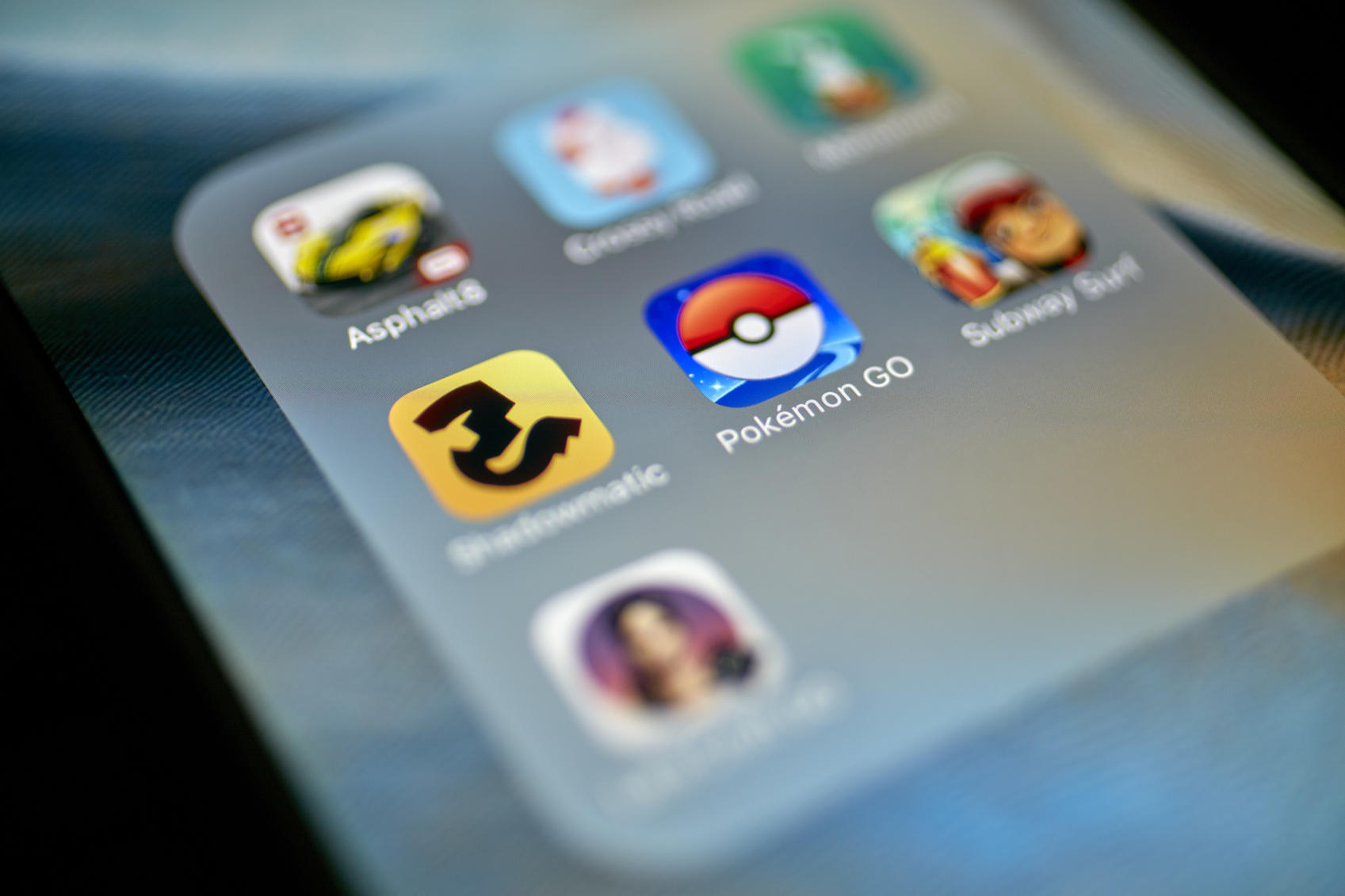OPINION19 July 2016
All MRS websites use cookies to help us improve our services. Any data collected is anonymised. If you continue using this site without accepting cookies you may experience some performance issues. Read about our cookies here.
OPINION19 July 2016
Whether you’re playing or not, it's unlikely you'll have missed the latest gaming craze Pokémon Go. But the level of access players have been willing to give, raises some serious questions about consumer data use says GfK’s Jack Millership.

Pokémon Go is the new augmented reality game released by Niantic over the past two weeks that has taken the world and social media by storm.
Players take the role of Pokémon trainers, and use their smartphones to capture monsters that are overlaid onto the real world using the smartphone’s camera. They are presented with the challenge of collecting all 151 Pokémon characters. Gameplay also includes using real-world locations as PokéStops, where special items can be found, and Pokémon Gyms, where players can battle Pokémon left by other trainers.
On Tuesday 11th July, security concerns around Pokémon Go were widely reported in the news media. These stemmed from the iPhone version of the app asking for full permission to access the Google accounts of users after it was installed. This level of permission includes access to Google Maps history, Google searches and even the ability to read Gmail messages.
Niantic reacted quickly to this, updating the app on Tuesday and releasing a statement saying that this was an error and it is working on a client-side fix so that Pokémon Go only has access to basic profile data.
According to research conducted in 2015 by GfK Consumer Life, 48% of consumers in the US and 37% of consumers in the UK agree that ‘it is very important to actively manage my online identity and personal information’.
However, Pokémon Go has held the number one position in the App Store since its release. While download information is not made publicly available, it is safe to assume that downloads of the game number in the millions, with many made even before Niantic updated the permissions required.
This means that millions of consumers were prompted to confirm that the application could have full access to their Google account and chose to accept.
This begs the question: how much do consumers really care about their data? If the latest gaming craze is enough to convince consumers to allow this level of access, do these claims around the importance of privacy add up in real life? Or is it that they do not truly understand what level of access they have just said ‘yes’ to? Either way, at what point does a product or service become attractive enough that concerns around privacy no longer matter?
As researchers, it is important for us to respect the privacy of respondents, particularly as so many state that this is important to them.
If nothing else, this case is a reminder of how much information mobile devices collect, and how easy it is for smartphone users to allow third parties to access this information without really considering the consequences.
Even with the new lower levels of permissions, Pokémon Go is still collecting GPS, profile and account information. This allows it to build up a robust set of location data alongside identifiable information, which is a very powerful tool in understanding consumer behaviour.
As market research professionals, we must remember that consumers do not always consider the implications of allowing companies to collate all of this data, and we must continue to treat such sources of data in an ethical manner.
But the story doesn’t end here. In addition to gathering valuable information passively, augmented reality games can also be used to influence consumer behaviour.
Niantic has previously worked with brands such as Softbank and AXA to include in-game advertising in its virtual reality worlds, and the developers have stated that they plan to do the same with Pokémon Go.
Players of Ingress can use in-game items to give them an advantage over their opponents. The game includes rare and improved versions of these items in the form of the ‘SoftBank Ultra Link’ and the ‘AXA Shield’. The AXA Shield is more likely to be obtained by the player when they visit an AXA location, encouraging the players who want the very best items to engage with partner brands.
Similarly, in the not too distant future, Pokémon trainers will be able to visit the real-world bricks and mortar locations of Niantic’s partners to receive additional items or other in-game benefits.
So, the real power of augmented reality games lies not only in the wealth of information brands are able to collect on users, but also in their ability to influence behaviour in the real world via benefits offered in the virtual world.
Jack Millership is innovation manager at GfK
0 Comments